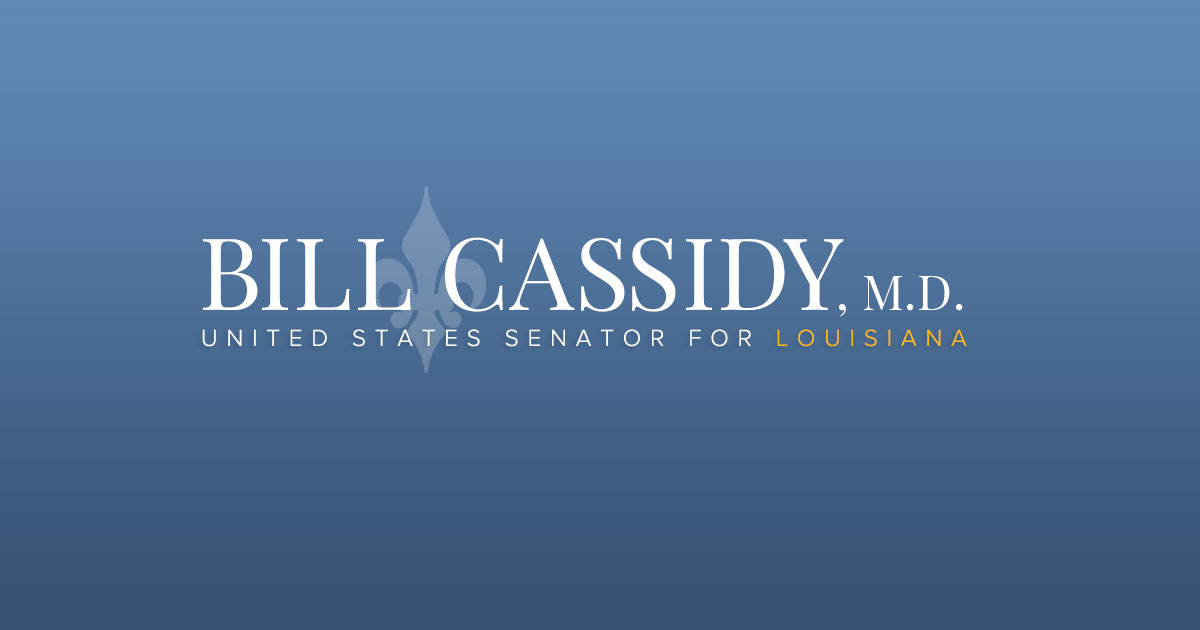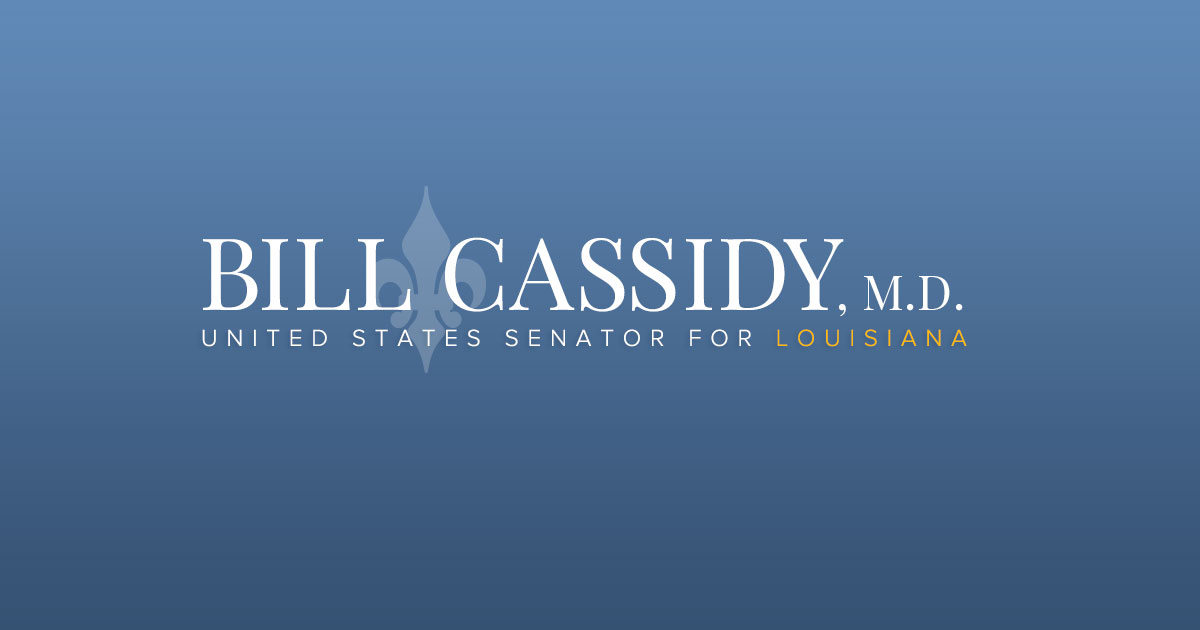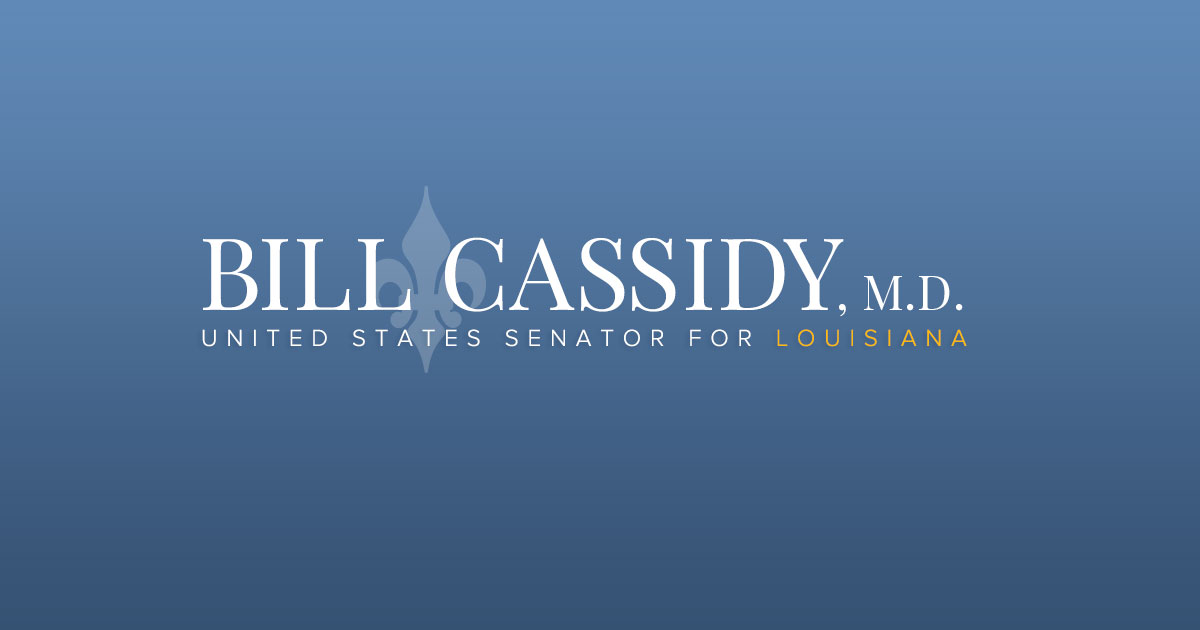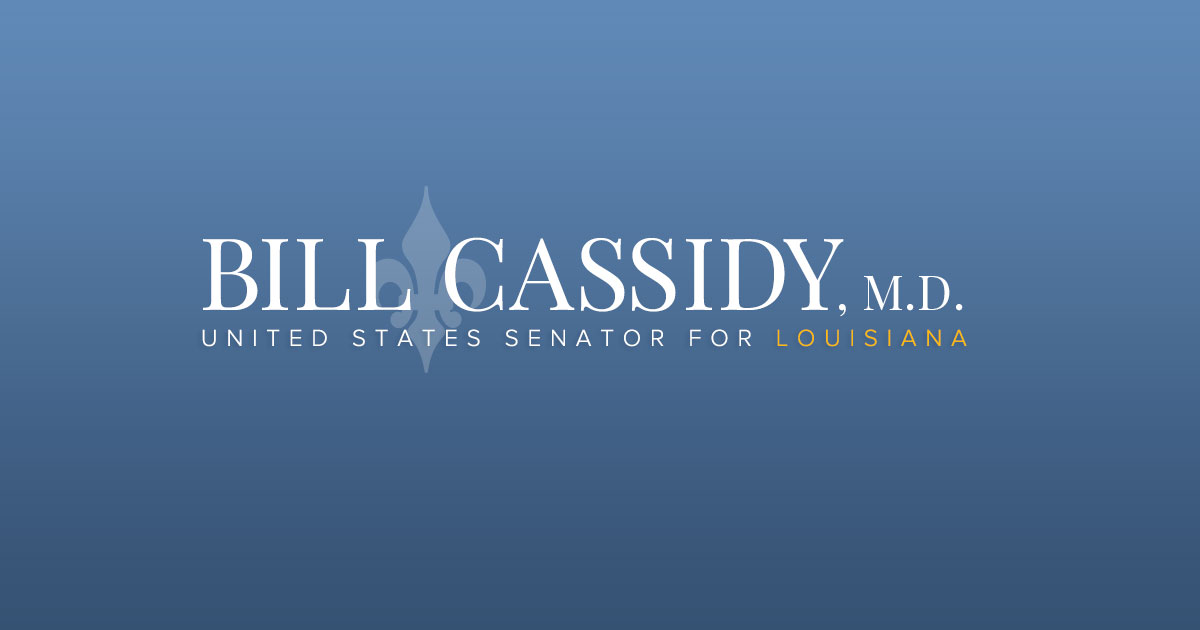Source: United States Senator for Colorado Michael Bennet
Watch Bennet’s Remarks HERE
Washington, D.C. — Today, Colorado U.S. Senator Michael Bennet, a member of the U.S. Senate Finance Committee, championed restoring the expanded Child Tax Credit and the Earned Income Tax Credit during a Finance Committee hearing on “Anti-Poverty and Family Support Provisions in the Tax Code.” In his remarks, Bennet pushed back on claims made by the Republican witness that the expansion of the Child Tax Credit reduced employment. Bennet cited studies from the Urban Institute, the University of California Irvine, and Columbia University that showed that the Child Tax Credit did not lead to reduced workforce participation and reduced childhood poverty.
This morning, Bennet and U.S. Senator Sherrod Brown (D-Ohio) introduced their Working Families Tax Relief Act to restore the expanded Earned Income Tax Credit and Child Tax Credit, which would benefit 90 percent of kids in Colorado.
On the need to prioritize expanding tax credits for working families over tax cuts for corporations, Bennet said:
“I would rather be funding the Child Tax Credit and funding the Earned Income Tax Credit than borrowing money from workers, police officers, firefighters in America, just so we can give another tax cut to the wealthiest people in America, who don’t need it. I don’t think the American people support that. I don’t think they want us to do that anymore.”
Pushing back on University of Chicago Professor Dr. Bruce Meyer’s claims that the Child Tax Credit discouraged work, Bennet said:
“The reality is a world where parents are scraping by every single month – they can’t afford the rent in this savage economy. They can’t afford to pay for food, they can’t afford to pay for childcare. It’s tragic. They can’t afford to work in America because it’s so expensive to pay for childcare, unlike in other countries in the world, because their health care isn’t predicted.
“And that’s why Sherrod Brown and I did what we did with the Child Tax Credit. And I will say, Mr. Chairman, I’d like to add for the record, the Irvine study, the Columbia study, the Urban Institute study – just so my colleagues know that Dr. Meyers’ position is not the majority position.”
On urging his colleagues across the aisle to find a bipartisan path forward, Bennet concluded:
“So what I would beg and say to my colleagues is, let us work together on this. Let’s build on the success that we have…and let’s commit together to end childhood poverty in America and create an economy that when it grows – finally, as it has not for the last 50 years – but when it grows in America that it grows for everybody, not just the people at the very top, and that this country can stand for both freedom and for opportunity. That’s what we have to do in this country.”
Bennet’s full remarks as delivered are available below.
I would say with respect to my Republican colleagues – and I do have a lot of respect for them – I want to say that they have played a role that’s been important over the years in the Child Tax Credit and in the Earned Income Tax Credit.
Something I like about both of these programs is that they don’t require you to add an additional bureaucrat to the federal government to administer them. I really liked that as a Democrat, and I do think there has been leadership here. I feel like that leadership’s come at a very high cost sometimes, which has been the reduction of taxes for the wealthiest people in this country at a time when our income inequality is as great as it’s been since the 1920s, when we have a terrible lack of economic mobility.
You know, I would rather be funding the Child Tax Credit and funding the Earned Income Tax Credit than borrowing money from workers, police officers, firefighters in America, just so we can give another tax cut to the wealthiest people in America who don’t need it.
I don’t think the American people support that. I don’t think they want us to do that anymore. And the reason why is that in their lives, it’s not 1996 anymore.
We have had 50 years of trickle-down economics in this country, in this beautiful and great country of ours. And in this country, that has caused us to have one of the highest rates of income inequality in the industrialized world.
That has caused us – the work this committee has done – has caused us to have some of the lowest economic mobility of any industrialized country in the world. And as a former urban school superintendent, [that] has created a tragedy for the United States, which is that we have almost the highest rate of childhood poverty in the industrialized world. That’s what we’re facing, and our parents are having to spend $30,000 just to pay for childcare.
And Dr. Meyer is living in an imaginary world, in my view, with all respect, where people are working two and three jobs whose kids are in the Denver Public Schools, my old district, and somehow they have time to figure out when this committee passes an increase in the Child Tax Credit. And that’s going to cause them to stop working months before they get the check. That’s not reality.
The reality is a world where parents are scraping by every single month – they can’t afford the rent in this savage economy. They can’t afford to pay for food, they can’t afford to pay for childcare. It’s tragic. They can’t afford to work in America because it’s so expensive to pay for childcare, unlike in other countries in the world, because their health care isn’t predicted.
And that’s why Sherrod Brown and I did what we did with the Child Tax Credit. And I will say, Mr. Chairman, I’d like to add for the record, the Irvine study, the Columbia study, the Urban Institute study – just so my colleagues know that Dr. Meyers’ position is not the majority position.
The majority position is, this worked. We showed that America does not have to accept as a permanent state of our economy or a permanent state of our democracy this level of childhood poverty. We should end childhood poverty in America. That’s what I believe.
Why does the richest country in the world have one of the highest poverty rates in the world? Why do we have an education system, tragic, that doesn’t have quality preschool, that doesn’t have quality K-12? Higher education is so expensive that the education system where colleagues of mine say, well, don’t do anything on the Child Tax Credit, let’s rely on the education system. Where that education system is actually reinforcing the income inequality we have.
A world where Ms. Lester has to come here and say to this committee, no, I’m not going to make the economically idiotic, irrational decision of giving up my job where I have to pay $30,000 for child care for an additional incremental $300 a month – which lifted fifty percent of the poor kids out of poverty in this country.
I want to finish, my time is up. But let’s talk about the 19 million kids we’ve left out because we didn’t extend this credit. Ninety-five percent of those families, of that 19 million, the poorest kids in America are working or living with a retired relative, are living in a household with somebody who’s got a disability, or whose kids are under the age of two.
So what I would beg and say to my colleagues is, let us work together on this. Let’s build on the success that we have. Let’s accept that the majority of the studies are right and Dr. Meyer might actually be wrong, because he probably is.
And let’s commit together to end childhood poverty in America and create an economy that when it grows – finally, as it has not for the last 50 years – but when it grows in America that it grows for everybody, not just the people at the very top, and that this country can stand for both freedom and for opportunity. That’s what we have to do in this country.







